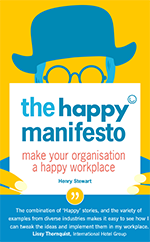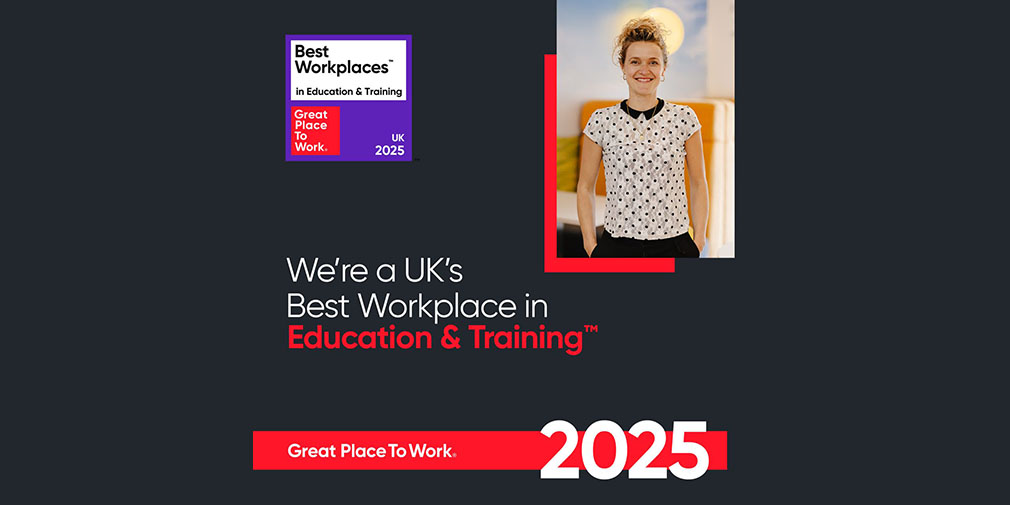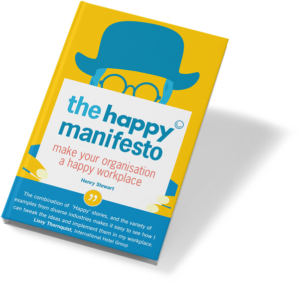Most people assume it does, and this is normally backed up by financial advisers arguing that by restricting your choice you must be restricting the financial return.
So I decided to do some calculations on my investments. Since 2002 I have been putting £300 a month into an ISA, invested in a variety of ethical funds. I’ve always had a feeling they’ve done well but never done any research into what would happen if I compared them to the stock market as a whole. Now we know that most fund managers underperform the stock market (research tends to show 60% underperform in any one year but one claim is that 99% underperform it over 15 years or more.) This means that you would be better off getting a group of monkeys to randomly pick shares than using your average fund manager.
I started investing on 8th July 2002 and have held investments in two funds for the whole nine year period, Aviva SF European Growth 1 Fund and Jupiter Ecology. Now an exact comparison would need to track £300 a month in these against £300 a month in the FTSE but that’s a bit complicated. So I decided to simply compare an investment made on 8th July 2002 and held until today.
The FTSE100 then stood at 4616 and had reached 5830 on 11th March when I did the comparison. That’s a 26% rise. Over the same period my Jupiter fund rose by 61% and my Aviva fund rose by 96%. So investing in my two ethical funds produced a hugely better return than if I’d put it in a FTSE tracker fund.
Now Aviva is a ‘light green’ fund, meaning it avoids things like tobacco and military investments. More recently I’ve switched to ‘dark green’ funds which actively seek out companies having a positive impact, like solar power and environmental technologies. I’ve only been doing this for a year so it’s too early for a proper comparison but both Henderson Industries of the Future (16% growth) and Pictet Clean Energy (6% growth) have outperformed FTSE (down 1%) since my August 2010 investment.
Crucially I haven’t chosen funds at random. I’ve relied on the excellent advice of Lee Coates at Ethical Investors, who I highly recommend. He has pointed me to the best managed ethical funds, and those that most closely reflect my principles.
This is all anecdotal. It doesn’t give absolute proof that investing ethically is better. But I’ve gone with my gut feeling that investing ethically should make financial sense and, with good advice, it has done well for me – challenging the assumptions most people make. So if you’d like to invest ethically and get a good financial return too… well, there are no guarantees in the world of investment but I’d go with that gut feeling. But talk to Lee first!



















